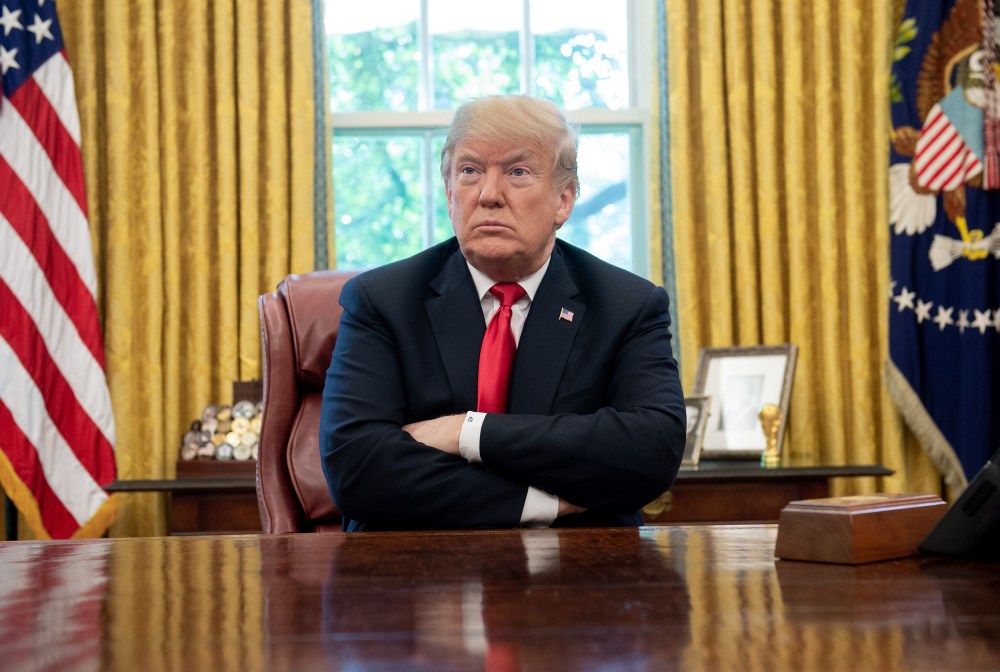The controversy surrounding Russia’s alleged efforts to put bounties on the heads of American troops in Afghanistan continues to intensify by the day. Yesterday, the New York Times advanced the scandal with a report pointing to “large financial transfers from a bank account controlled by Russia’s military intelligence agency to a Taliban-linked account.”
It’s against this backdrop that White House Press Secretary Kayleigh McEnany was pressed yesterday on what, exactly, Donald Trump knew about the allegations and when the president learned about them. This is of particular interest for a variety of reasons, not the least of which is recent reporting that information about the story was literally handed to Trump months ago in a classified briefing report he apparently did not read.
It led his chief spokesperson to tell reporters during a briefing yesterday:
“The president does read, and he also consumes intelligence verbally. This president, I’ll tell you, is the most informed person on planet Earth when it comes to the threats that we face.”
There are, of course, a couple of glaring problems with this. Right off the bat, the White House is going to have to make up its mind: either Trump didn’t know about the Russia/bounty scandal because he didn’t see it in the President’s Daily Brief (PDB), or he’s a voracious consumer of intelligence who knew about the scandal months ago and chose to do nothing about it.
But taking a step further, the idea that Donald Trump “is the most informed person on planet Earth” when it comes to security threats is profoundly difficult to believe.
It was just last month, for example, when the New York Times reported on a familiar topic: the frustrations U.S. intelligence officials feel when trying to get the president to learn, understand, and care about security matters. From the article:
The president veers off on tangents and getting him back on topic is difficult, they said. He has a short attention span and rarely, if ever, reads intelligence reports, relying instead on conservative media and his friends for information. He is unashamed to interrupt intelligence officers and riff based on tips or gossip…. Mr. Trump rarely absorbs information that he disagrees with or that runs counter to his worldview, the officials said. Briefing him has been so great a challenge compared with his predecessors that the intelligence agencies have hired outside consultants to study how better to present information to him.
It’s an extraordinary revelation to consider: the sitting American president, in a time of multiple and dangerous crises, is so resistant to learning about security threats that his own country’s intelligence officials have sought outside help to figure out how to get him to listen and focus.
This is part of a depressing pattern that’s emerged over the course of several years.
The Washington Post reported in April, for example, that Trump missed the early alarms on the coronavirus threat, in part because he “routinely skips reading the PDB and has at times shown little patience for even the oral summary he takes two or three times per week.”
The Post had a separate report in December 2018, highlighting the fact that CIA and other agencies continue to devote enormous “time, energy and resources” to ensuring that accurate intelligence is delivered to Trump, but “his seeming imperviousness to such material often renders ‘all of that a waste.’”
“Either it doesn’t resonate or there is a lack of comprehension,” one U.S. official said at the time. “You feel frustration and helplessness in a way. What else can you do?”














